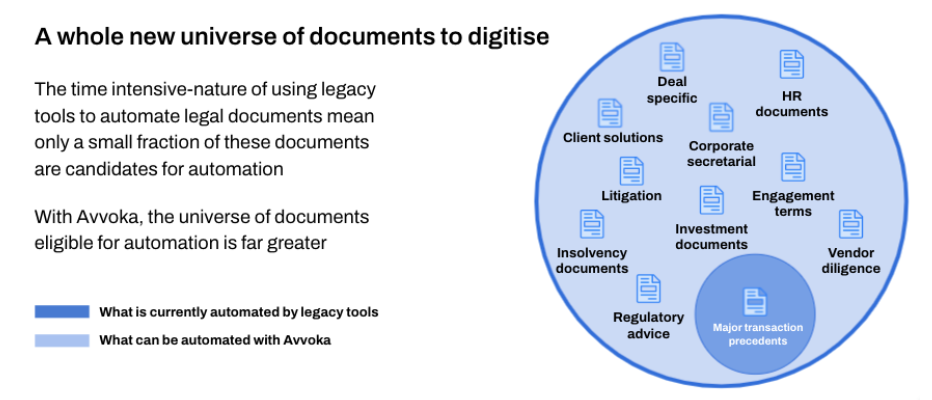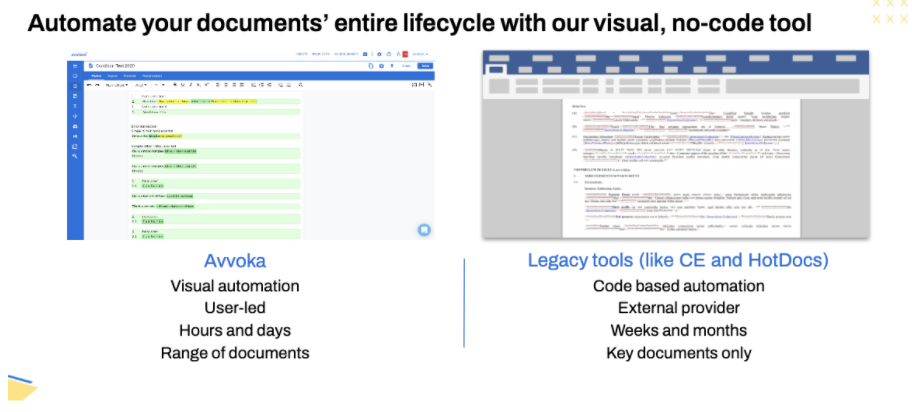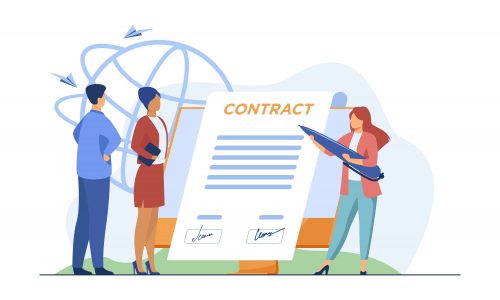Migrating from Legacy Technology, Is It Worth It?
(3 minute read)
The legal experience was first modernised with what we now call “legacy” legal technology, which mostly consisted of Microsoft Word plug-ins to help in billing and document management. Though it’s been around for decades, it’s no longer the only solution to achieving efficiency in the workplace. Legal tech is on the rise, and legacy tools can only bring organisations so far due to their high barriers to entry, costs and complexity. Firms are then faced with the dilemma: to change their legacy tools and migrate to newer tools, or stay stuck in the past.
In this week’s blog post we will evaluate some of the common objections to making the change from legacy legal tech to newer tools. We hope that by the end of it you will understand some of the benefits of trying out new tools. If you are ready to make the change, make sure you don’t miss our top tips for a successful adoption!
- Objection 1: If it ain’t broke, don’t fix it!
- Objection 2: No time to retrain
- Objection 3: Can’t afford the change
Objection 1: If it ain’t broke, don’t fix it!
Probably the most common objection to changing legacy tools and adopting new tools would be that firms don’t see a need for change. If it’s not broken, why fix it? However, this inertia is what holds firms back from reaching their true potential. Firms that claim their current legacy tools meet all their business needs haven’t even broached the surface of what technology can really do for them.

In the world of document automation, some problems of these legacy technologies include high barriers of entry due to the need for specialist training, or a heavy financial commitment to hire and maintain a team of automation experts. Most of these problems can be solved by newer generation tools that tend to be more intuitive and user friendly. By eliminating the need for coding knowledge, newer tools empower larger groups of people to take charge of automation making the whole process scalable through the organisation.
At Avvoka, we’re able to seize opportunities for future growth by leveraging our technology in ways previously unforeseen. With traditional document automation tools, the time-intensive nature of using these platforms means only the main transaction precedents could be automated. These meant under 10% of a company’s or law firm’s documentation. Avvoka expands the universe of documents that can be automated because now users (like lawyers) with no coding experience can automate their documents. Avvoka can not only automate, but also manage the entire lifecycle for all kinds of documents, no matter how complex – be it a 2-page NDA, or a 200-page loan facility agreement (which we’re currently working on under our project with the Loan Market Association, LMA.Automate)

Objection 2: No time to retrain
Admittedly, it is difficult to get excited about retraining members of your organisation to use a new tool. However, when new tools are as intuitive as ours at Avvoka, this is not a hard task. We’ve shelved the code-based automation found in common legacy tools, so you work with a visual tool in plain English. In fact, it’s so easy to use our system that you could master automation in just 90 minutes at one of our Avvoka Academies! Our philosophy is to put control of document automation back into the hands of the people who actually authored the documents, and thereby democratise the process and reduce friction between teams.

Remember, you can waste valuable time trying to work with legacy tools if you can’t understand the system yourself, and have to revisit automation specialists or legal teams to instruct you. After all, no one knows your documents better than you do – so you should control every aspect of its creation! If organisations refuse to open the door to explore potential solutions, they’ll never come across opportunities to find options that might better suit their needs than their current tools.

Objection 3: Can’t afford the change
When you weigh up the pros and cons, it’s not only the financial aspect that you need to review. There is also the time factor, efficiency and opportunity costs of legacy tech against new tools. After adding all up, it becomes evident that the latter is worth the investment.
First, because the need to know how to code is a massive time and financial cost associated with legacy tools. It’s costly to maintain a specialist document automation team, especially because legacy languages are niche and experts are hard to find. Relying on external specialists to automate documents also means that underlying templates are hard to maintain if those individuals ever leave.

Secondly, the costs of maintaining legacy applications, systems and infrastructure create a huge logistical and financial burden for an organisation to bear. New generation tools, like Avvoka, are online softwares which means everything can be handled on your browser with ease, and little to no logistical support needed.
Finally and most importantly, think of the opportunity costs in not achieving your full potential. As mentioned above, there’s a whole universe of transactions that our new technology can help you with. Why play in the little leagues forever?
In short: why not assess how new technology can better serve your firm’s interests? You have the opportunity to seamlessly transition to more intuitive platforms that will surely bring you a great ROI. Are you ready to try a new tool? Then don’t miss our tips to nail your legal-tech roll out!
Read more from Avvoka:
- How can a document automation API turbocharge your legal practice?
- Legal technology: how any lawyer can supercharge their practice
- Next generation of lawyers and the call for legal tech
- A Student’s Guide to LegalTech
- The power of no-code automation with Avvoka
By: Uttara Gautham
